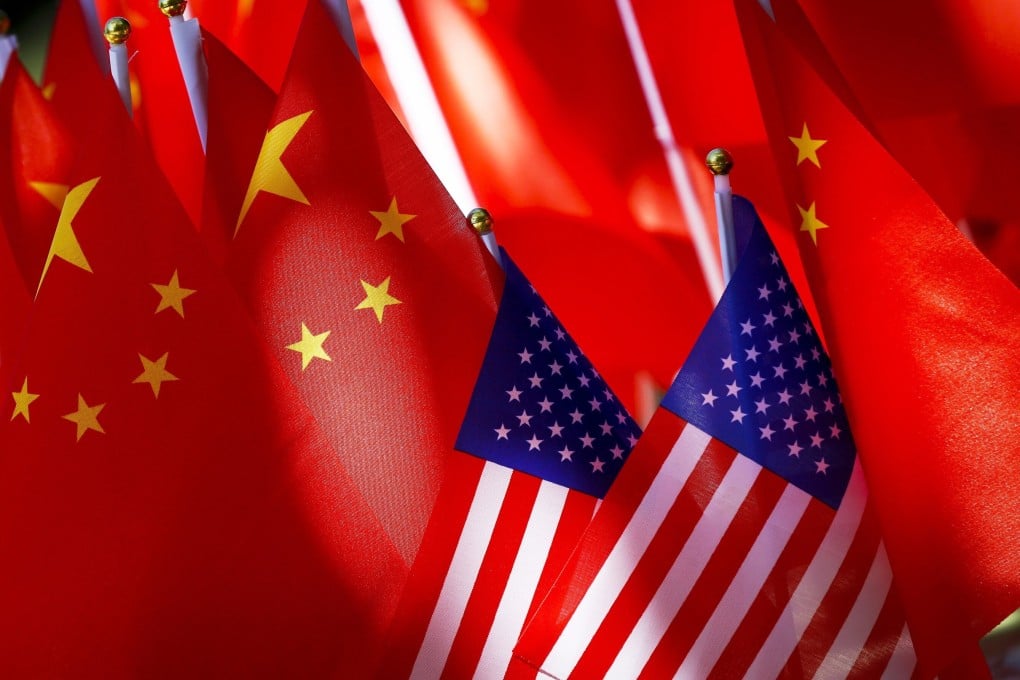US-China relations: virtual conference features stellar speaker line-up
- High-profile panel to address likely effects of Biden presidency with an emphasis on diplomacy, trade, technology and immigration
- Hong Kong is also expected to feature in wide-ranging discussions

Former diplomats, including Hong Kong elder statesman Tung Chee-hwa and other high-profile analysts, will square off on Tuesday in a two-day series of discussions over what is next for a US-China relationship that has been tested on nearly every front and may face new challenges as power changes hands in Washington.
In his keynote remarks at the South China Morning Post’s China Conference: United States (CCUS), former Hong Kong chief executive Tung will note that the decades since the US established formal diplomatic relations with the People’s Republic of China “could be the best 40 years the Chinese people experienced since the country last came together, 2,000 years ago”.
At the same time, he will warn that Washington is engaged in a “war to disparage China”.

Tung, who resigned as chief executive in 2005 citing health reasons, will reinforce the message that “to continue on the path of development, stability must come first” – an argument that has been put forward against most Western criticisms of Beijing from the imposition of a national security law in Hong Kong, to the arbitrary detention of Uygurs and other ethnic minorities.
Former Australian prime minister Kevin Rudd, who will follow Tung’s opening remarks, is likely to serve as a sharp counterpoint. In a recent NPR interview, Rudd – who now serves as president of the Asia Society Policy Institute in New York – urged the Chinese government to “stop any further repressive measures in Hong Kong” as a way to improve bilateral relations.